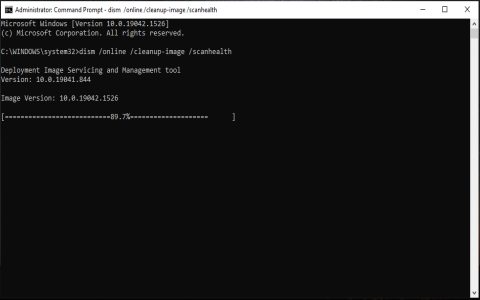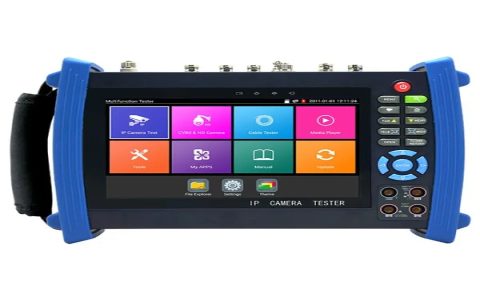Integrating astrological events into your Google Calendar can enhance planning and awareness. Shareable astrology calendars provide a convenient way to keep track of celestial movements and their potential influences, accessible directly within your daily schedule.
Obtaining Shareable Astrology Calendars
There are primarily two ways to incorporate astrological data into Google Calendar for sharing:
- Subscribing to Pre-made Calendars: Many astrologers and astrology websites offer public calendars, typically in iCalendar (.ics) format, that can be directly imported or subscribed to.
- Creating a Custom Calendar: You can create a dedicated astrology calendar within your Google Calendar account and manually populate it with events.
Subscribing to Existing Astrology Calendars
To add a pre-existing astrology calendar:

- Locate a Calendar Source: Search online for terms such as "astrology calendar ical," "lunar calendar google," or "planetary transits ics." Reputable astrology platforms often provide these.
- Obtain the iCalendar URL: The source will provide a URL, usually ending in .ics.
- Add to Google Calendar:
- Open Google Calendar on your desktop.
- On the left, next to "Other calendars," click the plus sign (+).
- Select "From URL."
- Paste the .ics URL and click "Add calendar." The calendar will appear under "Other calendars" and will typically update automatically if the provider maintains it.
Creating and Sharing Your Own Astrology Calendar
For a more personalized approach or if you cannot find a suitable pre-made calendar:
- Create a New Calendar:
- In Google Calendar, click the plus sign (+) next to "Other calendars" on the left sidebar.
- Select "Create new calendar."
- Name your calendar (e.g., "My Astrology Insights," "Planetary Transits"). Add a description if desired. Set the appropriate time zone.
- Click "Create calendar."
- Populate with Astrological Events: Manually add significant astrological events. This can be time-consuming but offers maximum customization. You may use ephemeris data or astrology software to find these dates and times.
- Make it Shareable:
- Hover over your newly created astrology calendar in the "My calendars" list.
- Click the three vertical dots (Options) and select "Settings and sharing."
- Under "Access permissions for events," you can choose to make it public (searchable by Google if desired) or share it with specific people by adding their email addresses under "Share with specific people or groups."
- For broader sharing, you can get a public URL to this calendar (view-only) or the public address in iCalendar format if others want to subscribe to your custom calendar in their own calendar applications.
Benefits of Integration
Using an astrology calendar within Google Calendar offers several advantages:
- Centralized Planning: View astrological events alongside personal and professional appointments.
- Enhanced Awareness: Stay mindful of ongoing celestial energies and cycles.
- Easy Accessibility: Access your astrology data on any device synced with your Google Calendar.
- Collaboration: Share specific astrological insights with friends, family, or clients directly by sharing the calendar or its events.
Key Astrological Events for Your Calendar
When populating or choosing an astrology calendar, consider including significant events such as:
- Moon Phases: New Moon, First Quarter, Full Moon, Last Quarter.
- Planetary Stations: Dates when planets go retrograde or direct (e.g., Mercury Retrograde periods).
- Planetary Ingresses: Dates when planets enter a new zodiac sign.
- Major Aspects: Conjunctions, sextiles, squares, trines, and oppositions between key planets.
- Eclipses: Solar and Lunar eclipses.
- Void-of-Course Moon Periods: Optional, but considered useful by some practitioners for timing activities.
Accuracy is paramount. Ensure the data source for your astrological events is reliable, whether subscribing or manually entering. Regularly cross-referencing with trusted ephemerides or astrological resources is recommended for custom calendars.









